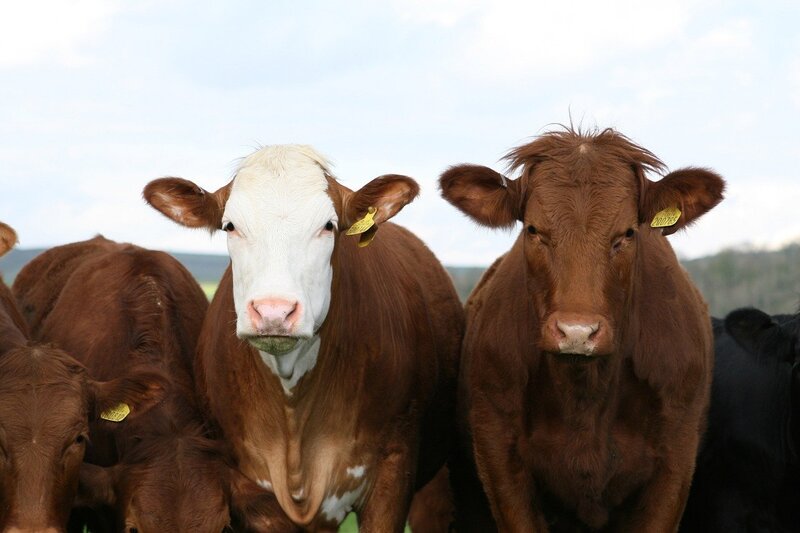Authorities in the coastal province of KwaZulu Natal (KZN) in South Africa have confirmed that there is an outbreak of Brucellosis, a bacterial zoonotic disease which causes miscarriages and infertility in livestock and people, in the province. There are currently over 400 confirmed cases.
—
The KZN Department of Agriculture and Rural Development (DARD) has advised farmers that if an animal tests positive for the bacteria, they should be taken to an abattoir as “it cannot be healed.” It also said that it would conduct blood tests of the cattle to check whether they are safe for human consumption.
What is Happening?
- The department is initiating a vaccination drive for calves, aged four to eight months, in all dip tanks found in uMkhanyakude, King Cetshwayo, uThukela and uMzinyathi districts.
- Brucellosis is classed as a “controlled animal disease” in South Africa. There were 139 cases last year, which has spiked to at least 423 this year.
- Authorities have attributed this rise to the low number of private veterinarians, lack of resources and non-compliance with regulations. Cattle owners are legally obligated to vaccinate all heifer calves between the ages of four and eight months with a registered vaccine against brucellosis.
- Brucellosis, also called Malta fever or Mediterranean fever, can cause symptoms including headaches, muscle pain, fever and fatigue. The duration of the disease can be anywhere from a few weeks to months to years. Some symptoms may become chronic and never disappear, like arthritis or swelling in certain organs, according to America’s Centers for Disease Control and Prevention (CDC). It can also damage the male testes, female ovaries and other reproductive systems.
- It can be transferred from infected animals to humans via direct contact and through improperly treated carcasses and dairy products. Human-to-human transmission is rare, and most people are infected by eating contaminated food or breathing in the bacteria.
You might also like: Tristan da Cunha Island Creates Marine Protected Area Three Times the Size of the UK
Dr Alicia Cloete, a state veterinarian at the Department of Agriculture, Land Reform and Rural Development, says, “Currently, the risk of [this] disease is high due to very few heifers being vaccinated, very few herds being adequately tested, and a lack of movement control of potentially diseased and diseased livestock. If you do not protect your herd from this disease, you are risking the health of your animals, the health of your family and farmworkers, and the health of your business’s profitability and growth,” she said.
In September, at least 3 200 people in the northwestern province of Gansu, China, contracted Brucellosis, in an outbreak caused by a leak at a biopharmaceutical company late last year.

















